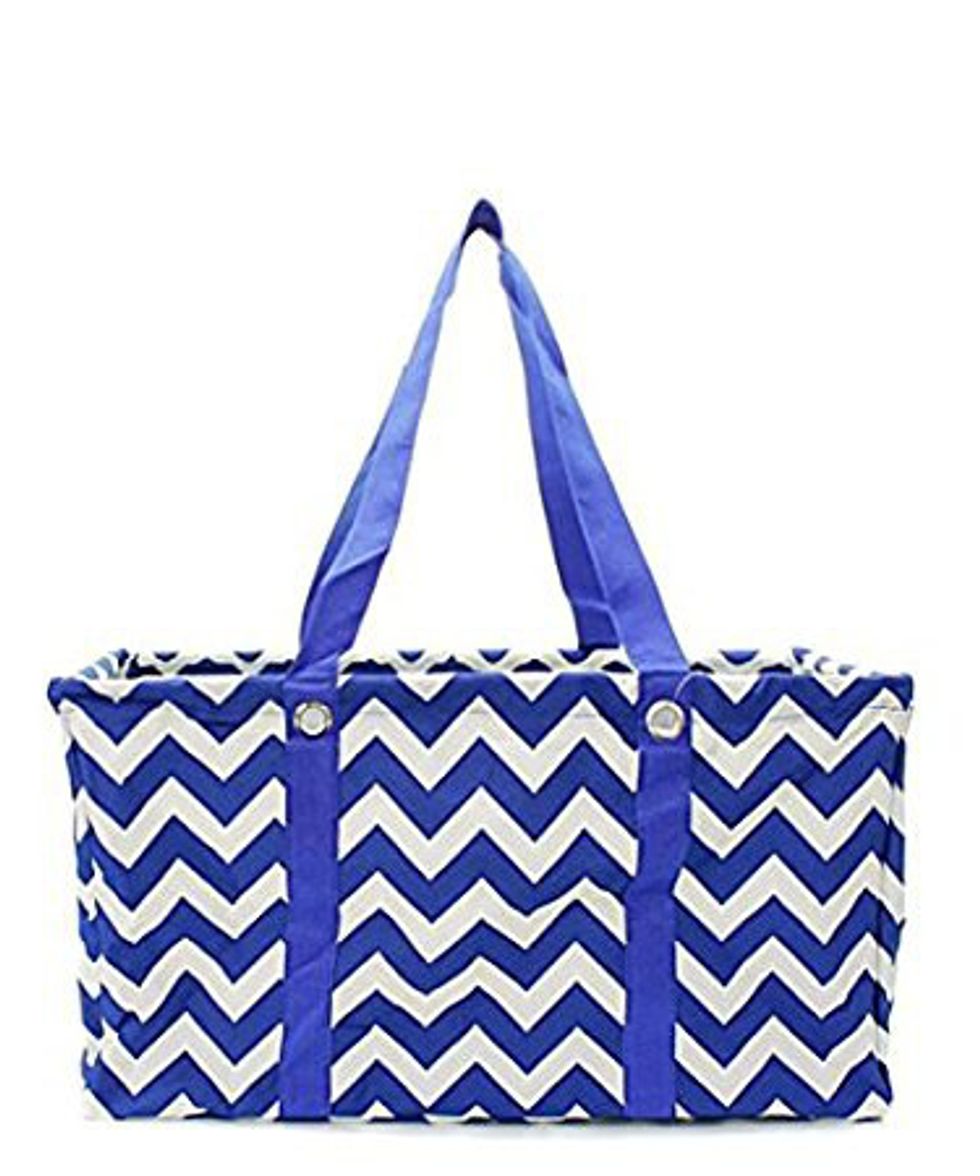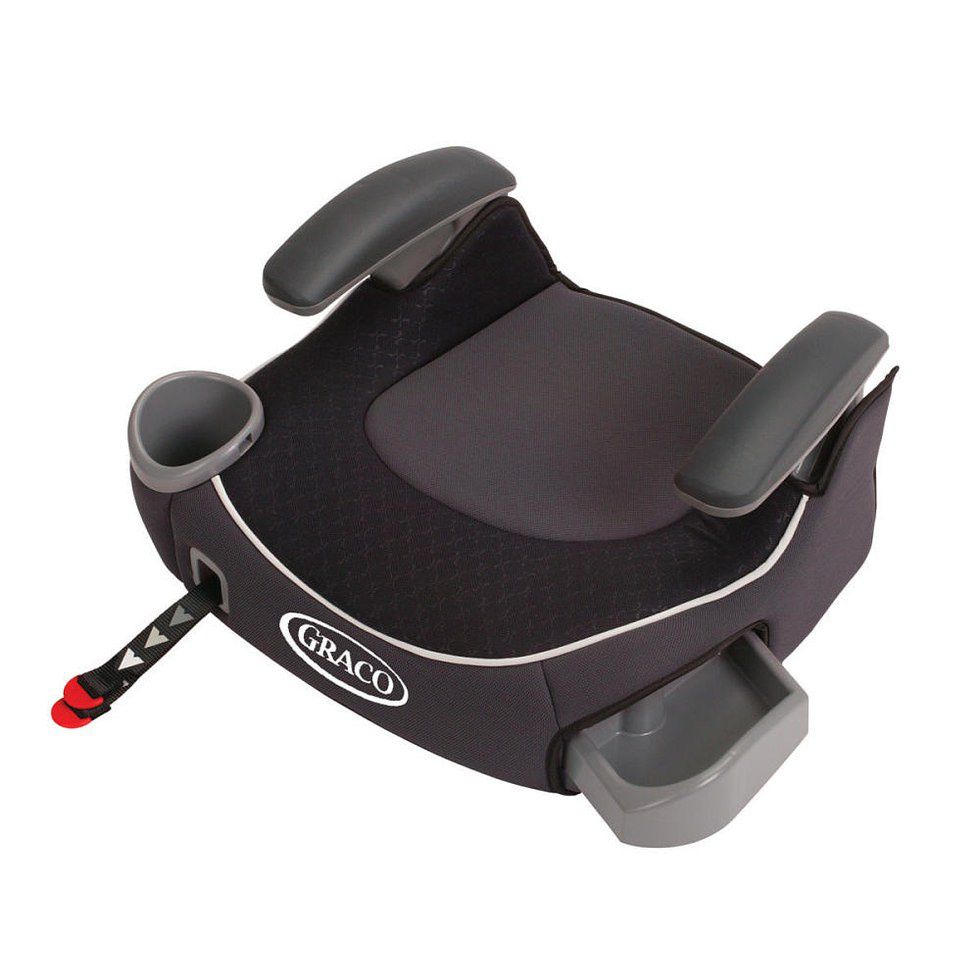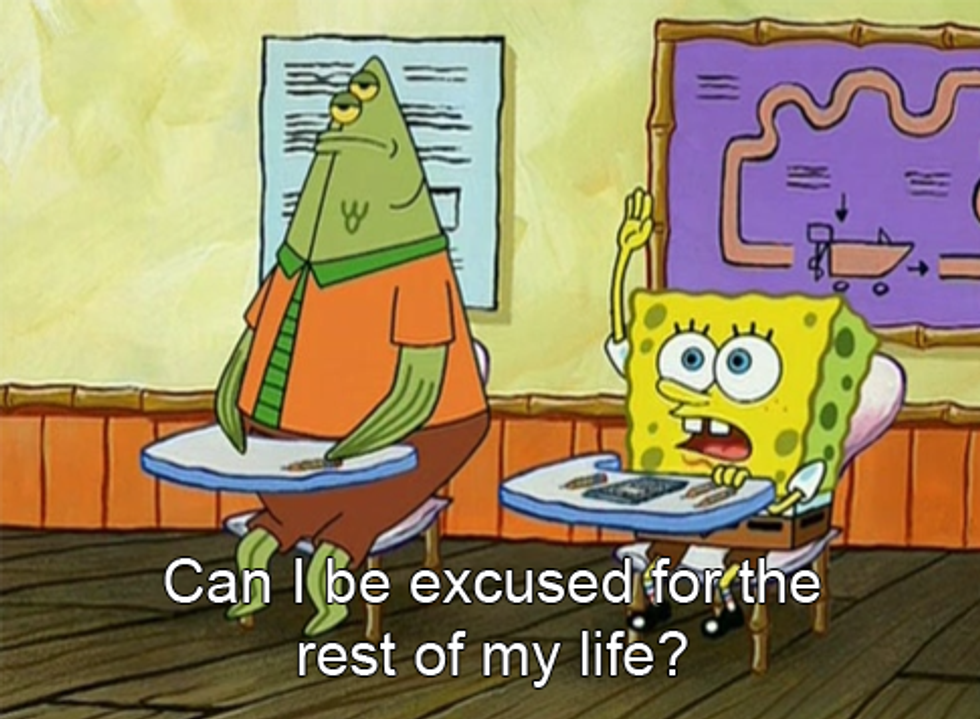In many academic studies, it is believed that the basis of all discrimination is toward people who are different from us.
From these studies, it is fair to conclude that the root of discrimination is limited interaction with people who are different from us, whether that is race, sex, height, weight, religion, mental capacity or economic status.
If we keep our distance from people who are different, we form biases that can turn into unwarranted discrimination. It is only natural for humans to stick to what makes us comfortable; we like to interact with ones who are similar to us. One of the most uncomfortable experiences people can go through is interacting with someone who has a disability.
The word “disability” is something that is kind of scary to talk about. Commonly, other words are used in its place that have become obsolete and insensitive.
Mental retardation, special needs, special education, handicapped and other words have become something that sets the already marginalized individuals with disabilities further away from society because it makes them undesirable.
A person with a disability does not want to hear that they are different or looked at like they are strange, but that is what they experience every day of their lives. It ultimately comes down to "normal" people having limited interaction with disabled people.
People with disabilities can look different, act different and communicate differently than other groups of individuals, which is what makes people uncomfortable. Being uncomfortable can lead to some strange looks and avoidance of these individuals.
They do not want to have people staring at them, just like anyone else in this world.
When applying for jobs, ordering food at a restaurant and generally being out in the public, people with disabilities do not receive the patience and understanding everyone else receives because the general public does not understand or are uncomfortable with the situation.
Ostracizing people with disabilities can be avoided if we can learn to treat everyone how we want to be treated.
The way people with disabilities are spoken about can show that they are a largely marginalized group. We should watch the way we speak about this marginalized group of individuals. The vocabulary of “us” and “them” is often used when people think or talk about disabled people.
When this sort of vocabulary is used, while it can be unintentional, it puts disabled people into a subcategory of human.
They are not subhuman and no one deserves to be treated in such a way. Saying “people with disabilities” emphasizes the people, not the disability a person has. “People First Language” can help instill value in ones who are constantly known as “special” or “disabled."
Like every other category of people, the media has skewed what people are like in real life. It has portrayed disabled people as individuals not worth anything, and they can't function in public settings.
They often have become invisible, alone, overstressed, exhausted, feeling like they do not belong and just want to be accepted as human beings. We, as a society, rarely take the time to respect, love and accept people with disabilities because it is uncomfortable to speak with someone with a disability.
A shocking statistic that Bethesda Lutheran Communities has calculated was that 87 percent of people with disabilities do not feel welcome or accepted in our society. They are not incapable of doing things on their own; they are just people.
People with disabilities live productive lives working, helping others and bringing happiness and joy to many around them, just like anyone else in our society.
Learning to be uncomfortable, accepting people with disabilities and instilling value is ultimately going to make this world a better place for this marginalized population.




















